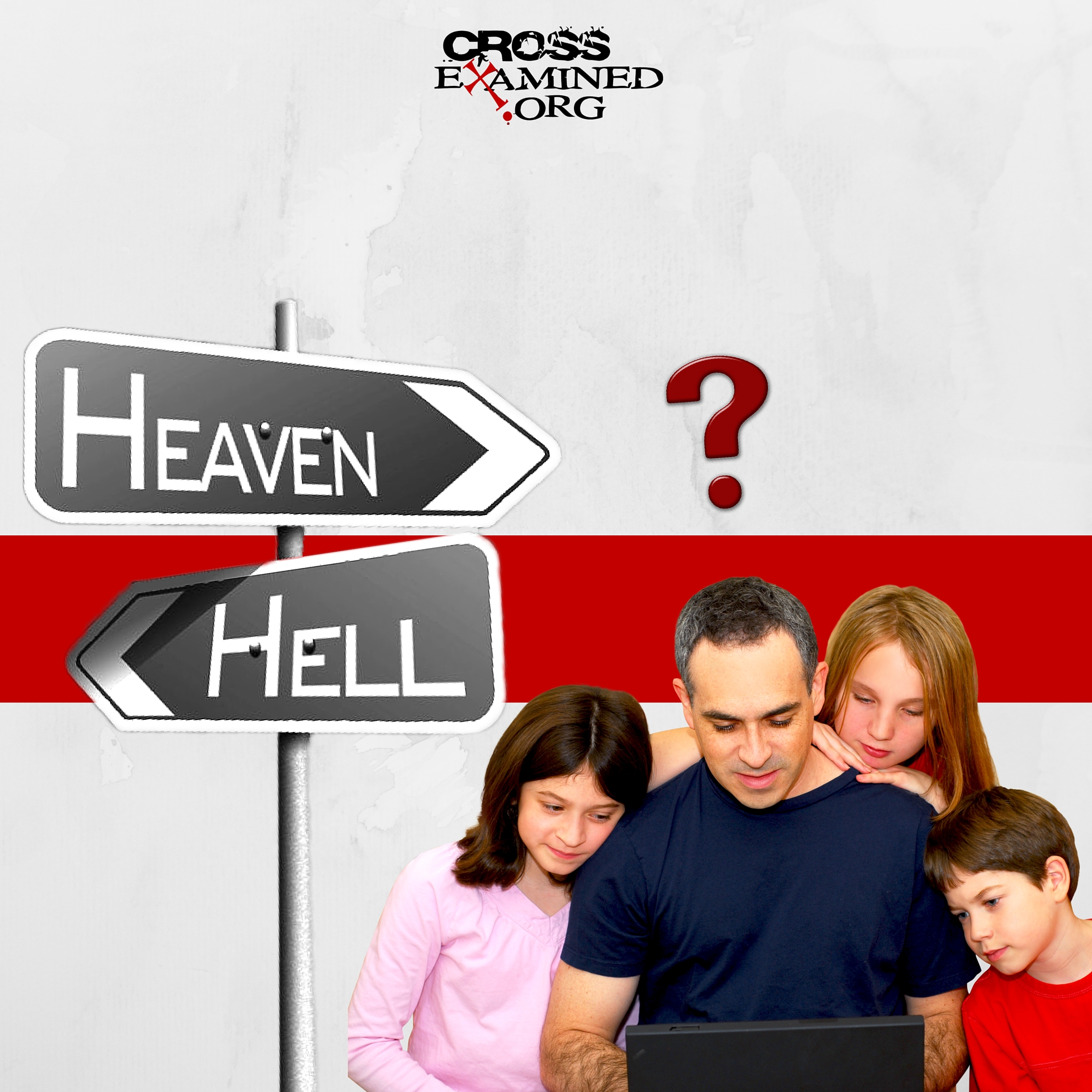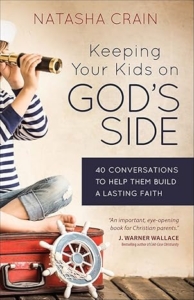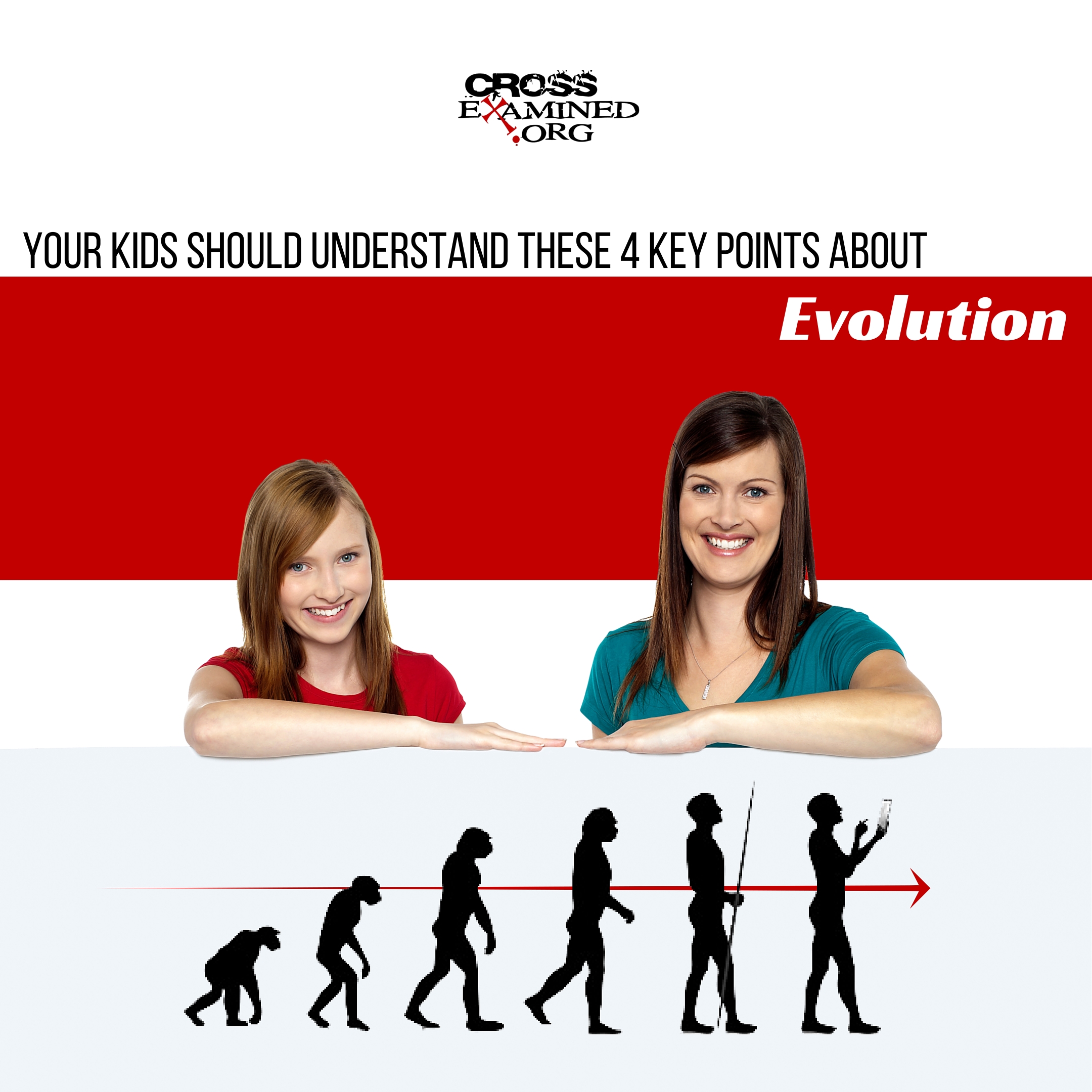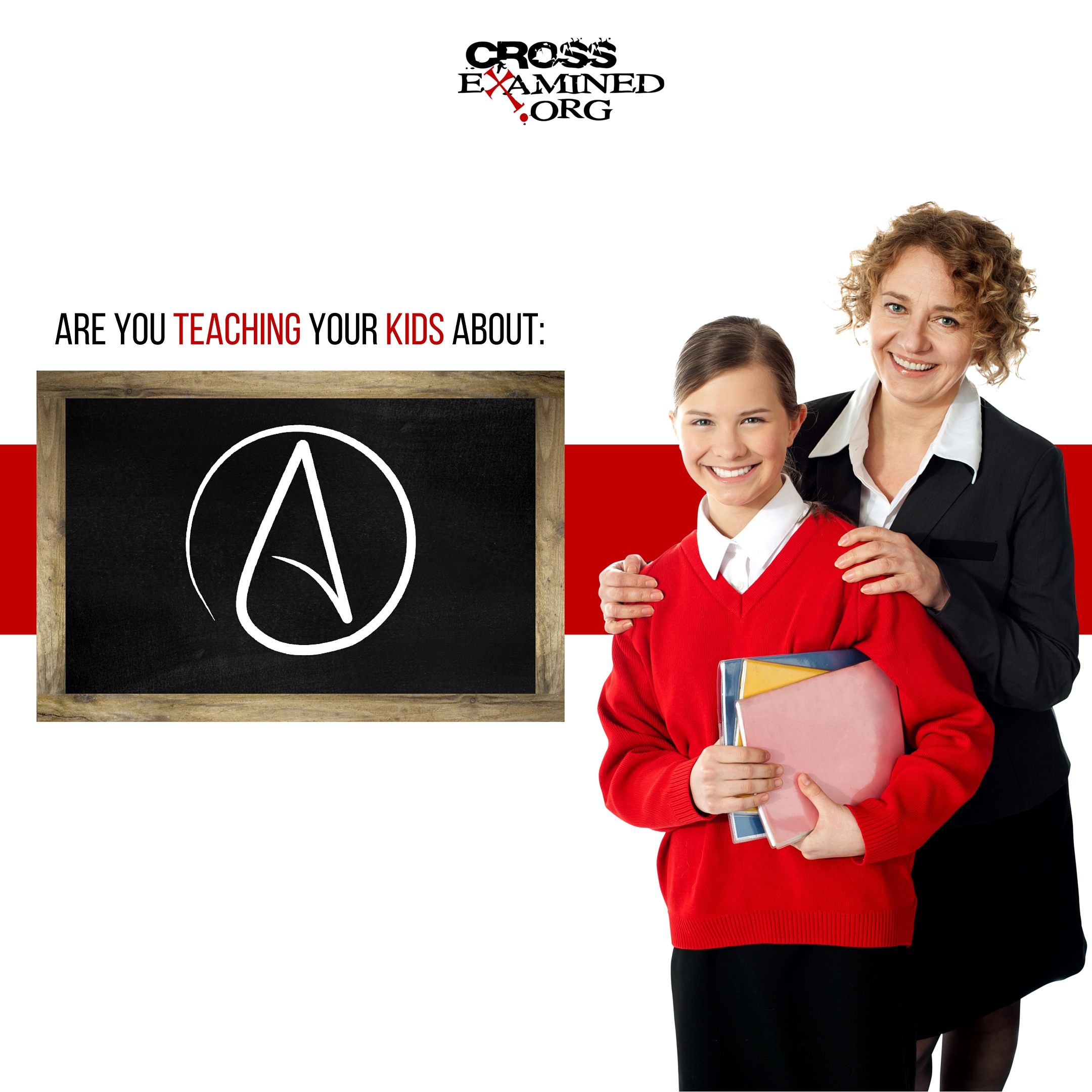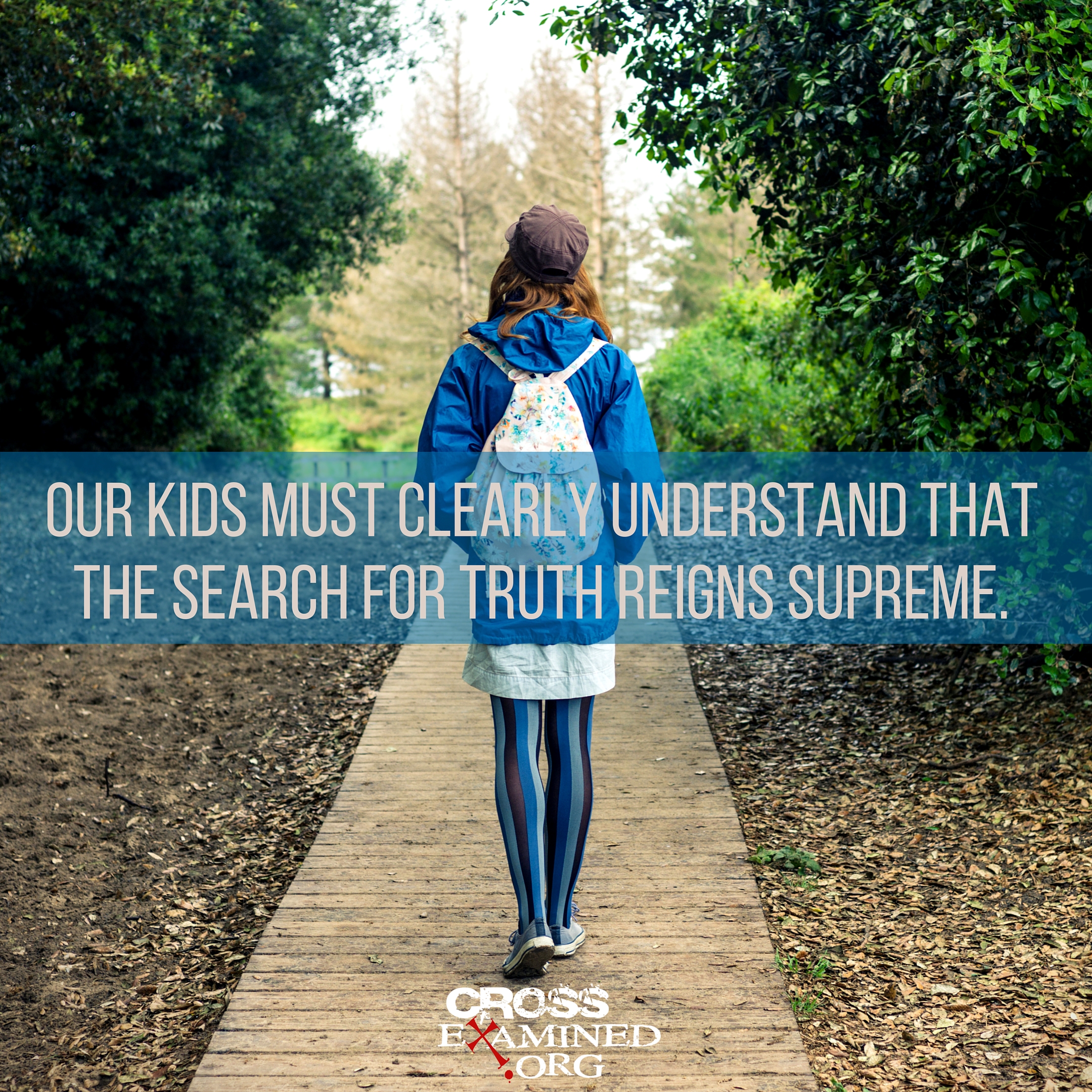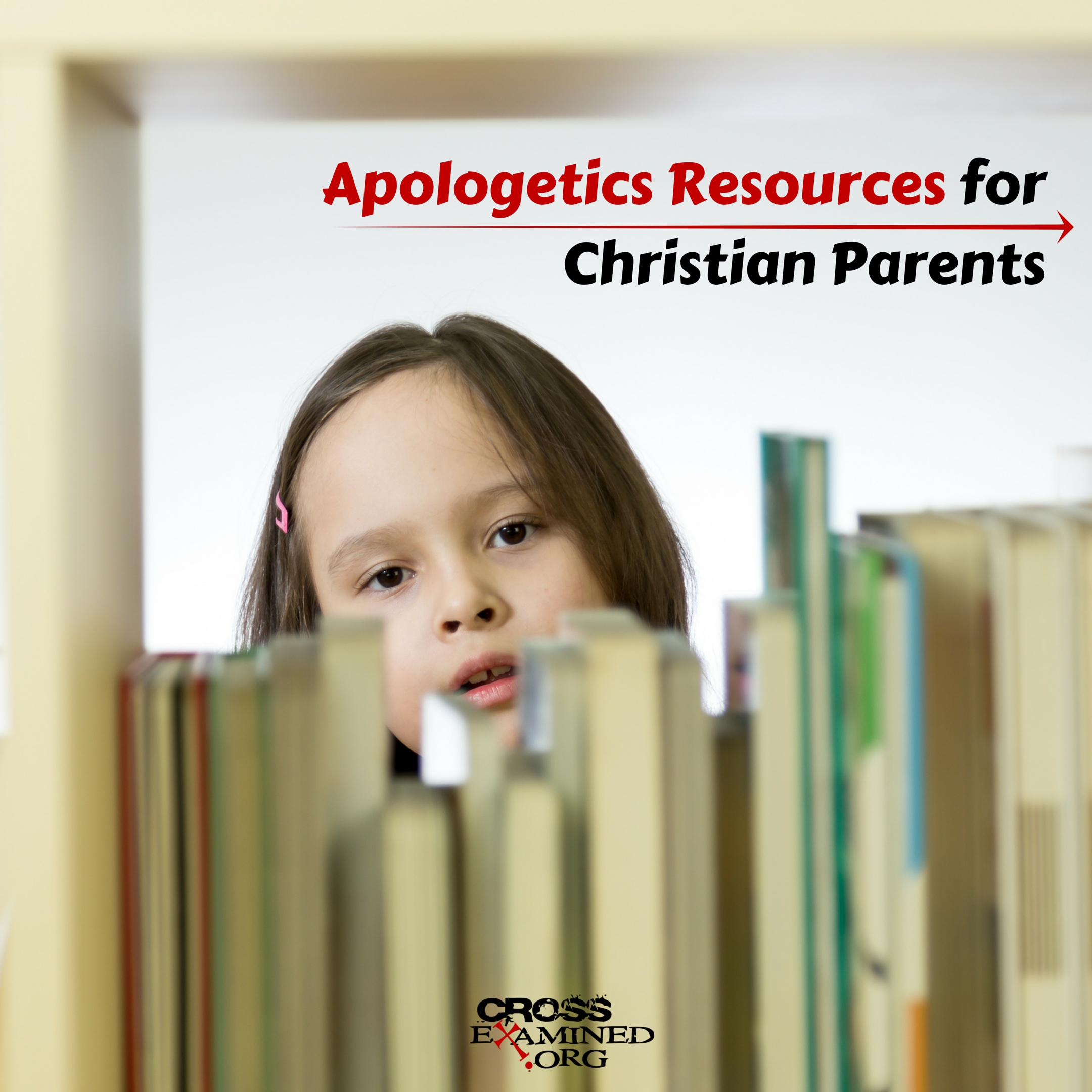Lately, my two daughters (ages 6 and 4) have been arguing incessantly every morning. It’s the first thing I hear every day, echoing from down the hall:
“Stop staring at me!”
“Then leave my room!”
“You’re so mean!”
“No, you’re the meanest in the world!”
The other morning, my older daughter ran into my room, crying, “Mommy! Sister pushed me to the ground! I got hurt!”
In utter fatigue and frustration, I just looked at her blankly and replied, “I just don’t care anymore. I don’t know what to tell you.”
She burst into tears. “It’s NOT FAIR! Why don’t you care she did something bad?”
I shrugged and said, “I should. I’m just too tired of all this fighting to do anything anymore.”
I ushered my wailing daughter out of the room and finished getting ready, feeling like a total failure.
Little did I know my failure would serve as a great lesson about God’s love and justice only a few hours later.
Explaining God’s Love and Justice to Kids
That evening, when I was tucking my daughter into bed, she said, “I don’t totally understand who goes to heaven and hell.”
We had talked about this topic on many occasions before, but of course it’s something hard for kids to understand. At that moment, God placed it on my heart to use the example from the morning to explain the concepts in a more tangible way. I saw the lights really go on in her eyes through our conversation, so I want to share it with you today in dialogue form. I hope it will help you have this discussion with your own kids (you can use your own similar failure, or set one up as a lesson!).
Me: “That’s a really important question and I’m so glad you asked it. When you were younger and couldn’t understand a lot yet, we simply explained to you that if you love Jesus, you’ll be with Him forever in heaven. But you’re big enough now to understand much more. I want to start by answering your question with an example. Do you remember this morning when you came to my room because your sister had done something bad to you? How did I respond?”
My daughter: “That you didn’t care. That it didn’t matter. That you weren’t going to do anything about it.”
Me: “Right. How did that make you feel?”
My daughter: “Sad. I didn’t understand why you didn’t want to do something about her pushing me. It was unfair.”
Me: “So was that loving or not loving of mommy?”
My daughter: “I didn’t think it was loving at all.”
Me: “I don’t think it was either. I shouldn’t have responded that way. I’m sorry. The most loving thing for me to do would have been to give your sister a fair consequence. Can you see how part of being a loving mommy is being a fair mommy too?”
My daughter: “Yes.”
Me: “OK, so now think of what it’s like for God. As we’ve talked about, God has taught us His perfect rules of what is right and wrong in our hearts and in the Bible—just like mommy has rules about pushing that your sister broke. Everyone knows that God is more loving than we can ever imagine, but a lot of people don’t understand that means He is also perfectly fair. He could never just ignore that we sin and break His beautiful, perfect laws of what is right. If He just said, “Whatever! I don’t care anymore!” like mommy did this morning, He wouldn’t be loving, just like mommy wasn’t loving. So God has to do something about our sins because He is so loving. The big question is, what should He do?”
My daughter: “We would, like, have to die or something because breaking God’s rules is BAD.”
Me (laughing in surprise): “Wow, that’s an amazing guess, because the Bible actually tells us that the consequence of our sin is death. We all die. But God loves us tons and doesn’t want us to be separated from Him forever. So He has made a way to forgive us without ignoring our sin. He sent Jesus—His own Son—to be punished for our sin instead of us. That’s what it means that “Jesus died for our sins.” If you understand that, then I’m ready to answer your question about heaven and hell.”
My daughter: “I do, but we’re still punished. You punish us.”
Me: “Great question. We do experience consequences in this life for breaking rules. If you break mommy’s rules about hitting, you’ll go to your room, for example. If you break the rules at school, you’ll stay in from recess. If you break the rules of our government, you can go to jail. What we’re talking about right now is what happens when we breakGod’s rules our whole lives. We will never, ever be perfect, so we will sin against God’s rules until we die. We’re talking about what God should do about His rules being broken. Does that make sense?”
My daughter: “Yes.”
Me: “OK! So let’s answer your question now. The Bible says we will be with God forever if we accept the gift He gave us of being forgiven when Jesus died on the cross…”
My daughter: “What does it mean to accept?”
Me: [I took her stuffed animal and pushed it toward her.] Take the animal and hug it tight. You’ve accepted what I was giving you. [I took it back and pushed it toward her again.] Now push it away. You’ve rejected what I was giving you. When we accept the gift of forgiveness that God is offering to us, it means to hang on tight to it our whole lives, like your animal right now. It means saying, “Yes! I know I’m breaking your laws and will never be perfect. Thank you so much for taking my punishment through Jesus. I accept your gift and will live my life for you in response.” Living our life for Jesus means making Him our highest priority…spending our lives getting to know Him through prayer and Bible study…wanting what He wants…and not sinning just because we know we’ll be forgiven. I want you to understand one thing really clearly: that means we don’t get to be with God just by being good or doing good things. We can never be good enough. When people do not accept God’s gift of forgiveness, they cannot be with Him when they die no matter how many good things they’ve done in their life on Earth. They still need His forgiveness for all the bad things they’ve done…and if they don’t accept God’s gift of forgiveness through Jesus, they are choosing to take the punishment themselves. That means every person chooses whether they go to heaven with God or if they are separated from God forever in hell.”
My daughter: “What if someone has never heard about Jesus?”
Me: “Great question! A lot of adults ask that too. The Bible doesn’t tell us for sure, so Christians have different ideas about it. But what we do know is that God is perfectly fair and perfectly good, so however it works, we can know that God will handle it the right way. He’ll never sin like mommy this morning and just say He doesn’t care.”
With that, we ended our conversation and said goodnight. And I was a wee bit grateful for messing up that morning.
For more articles like: Heaven and Hell: How to Explain God’s Love AND Justice to Kids visit Natasha’s site at ChristianMomThoughts.com

